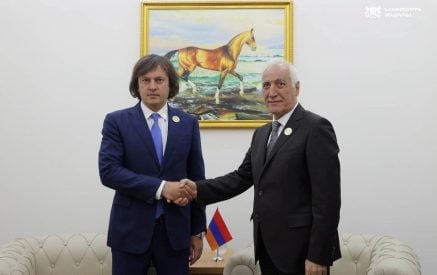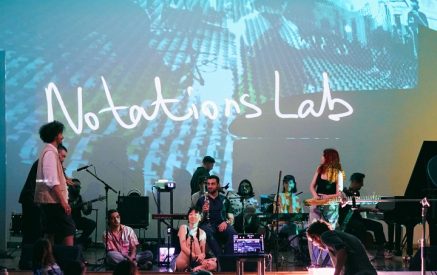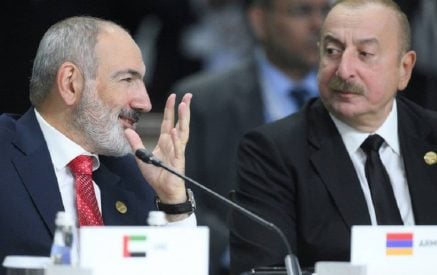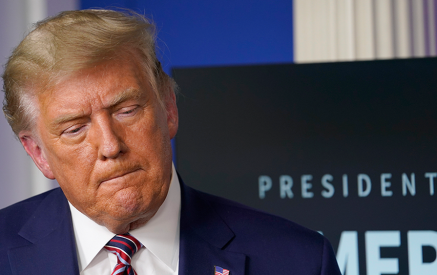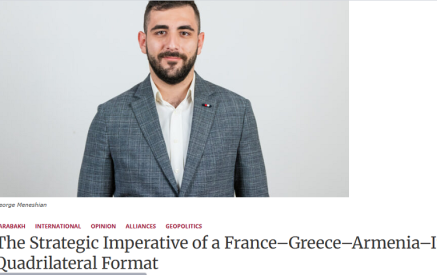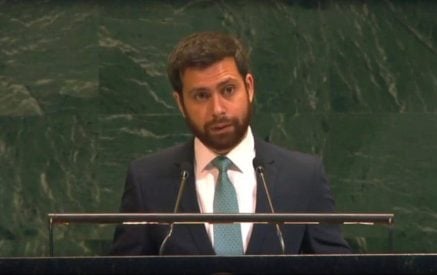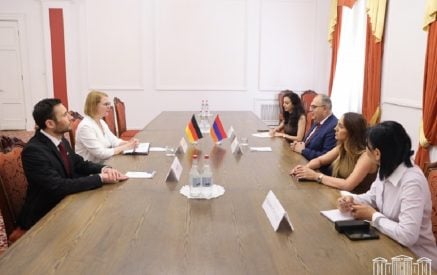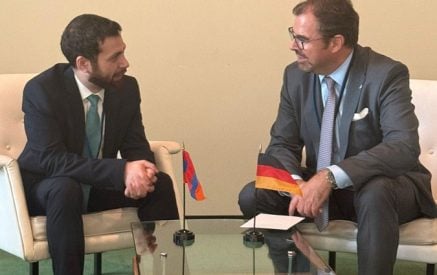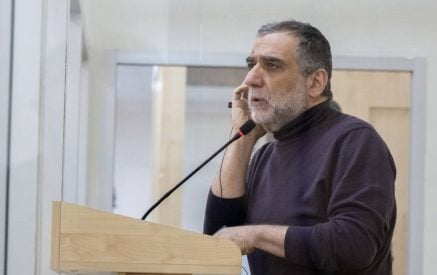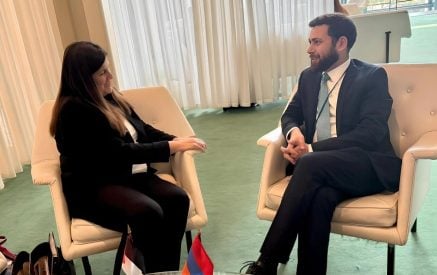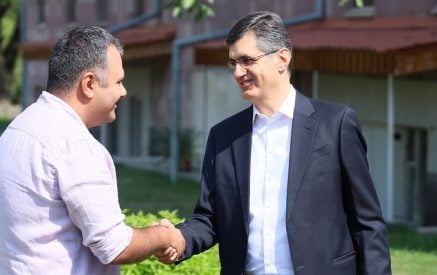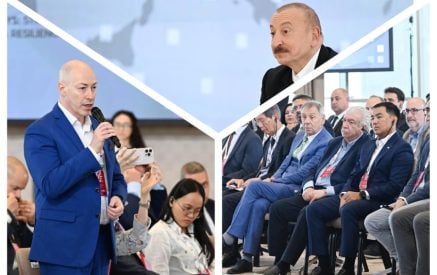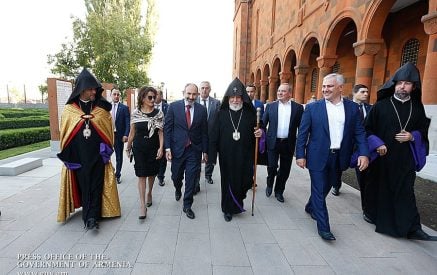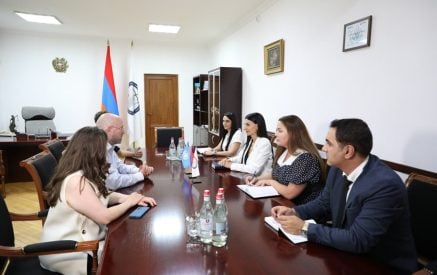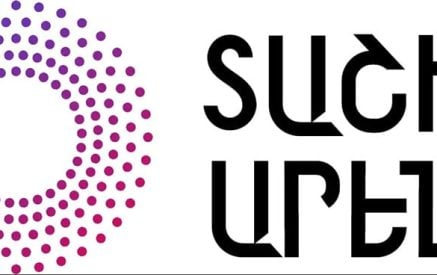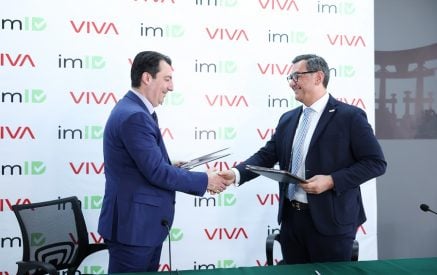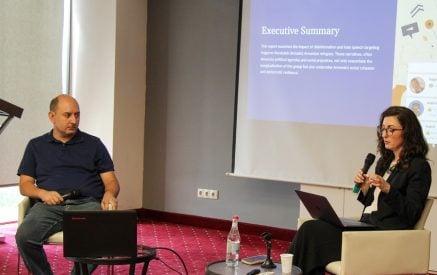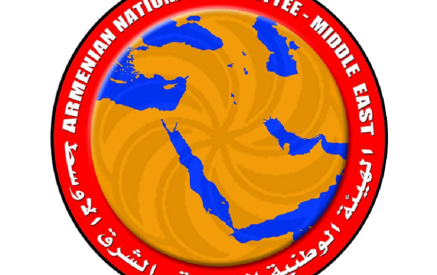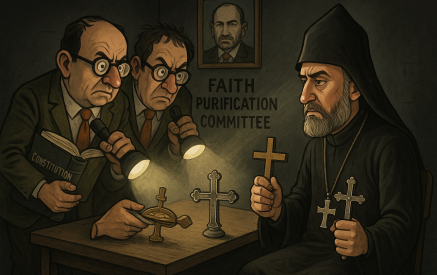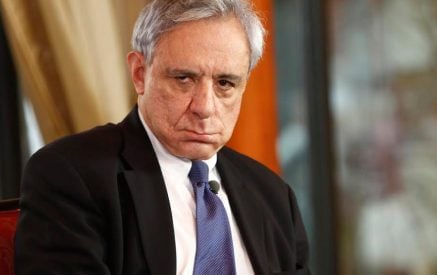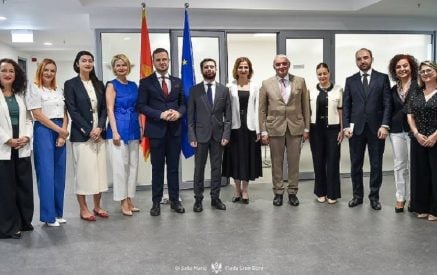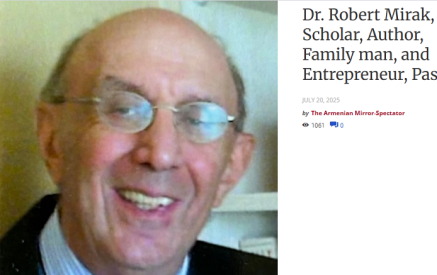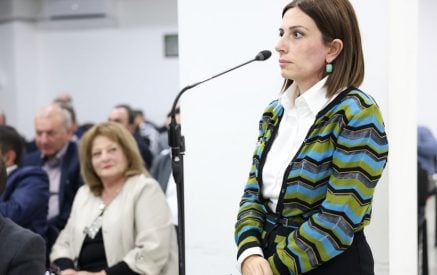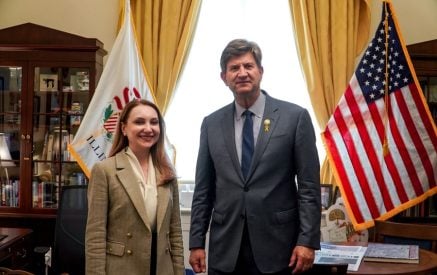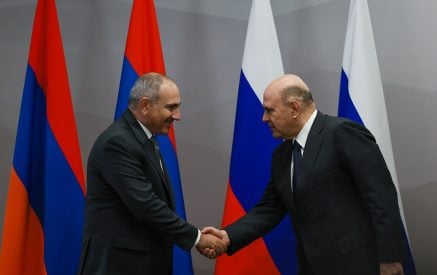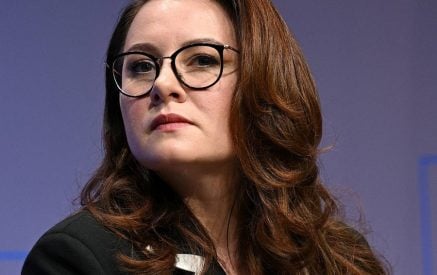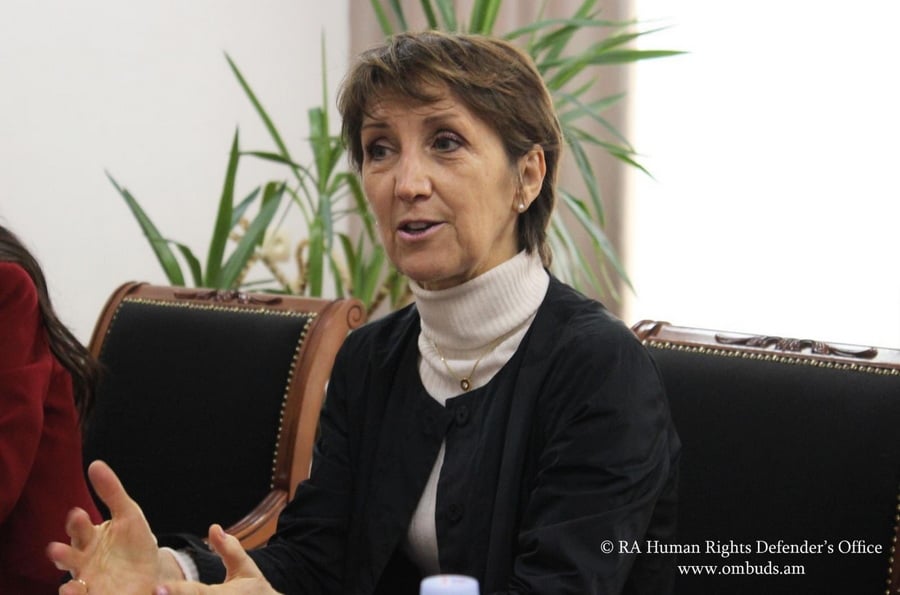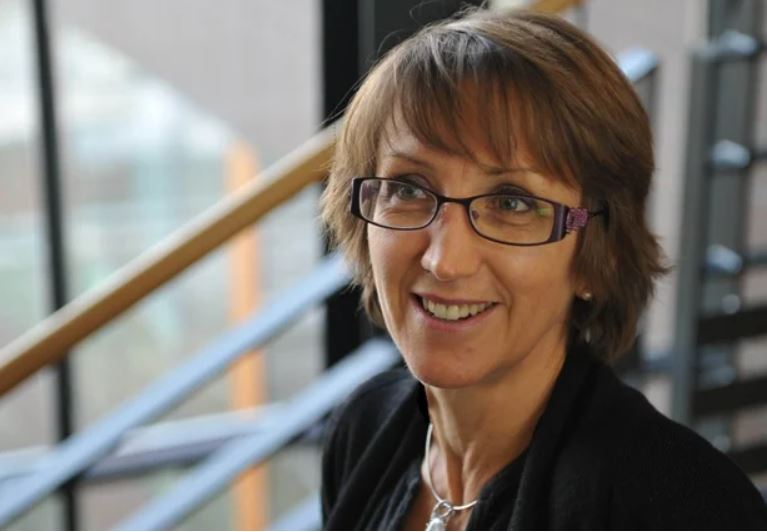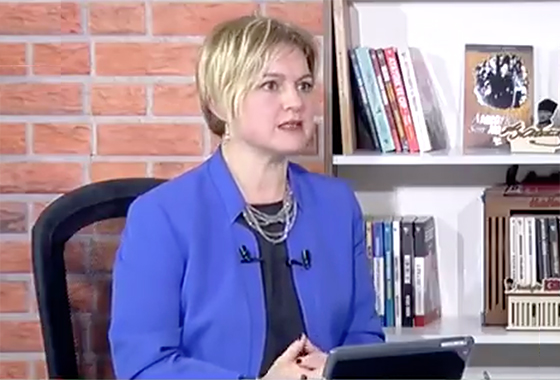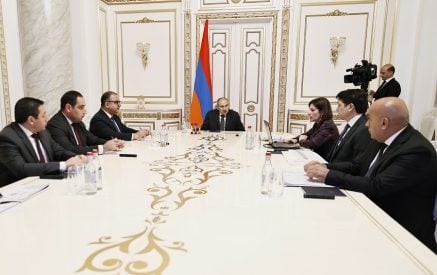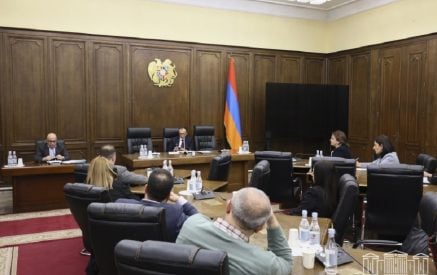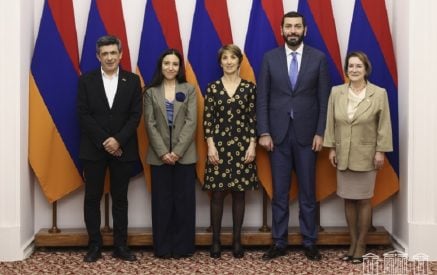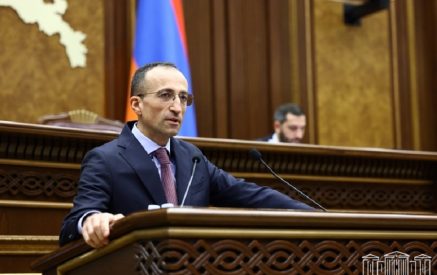We have emphasized, that still we do have the cases when medical workers have been subjected to violence in Armenia and asked how would you comment, Laurence Lwoff answered: “This is unacceptable and violence against any person, including healthcare professionals has to be condemned”.
“Aravot” has interviewed the Head of Human Rights and Biomedicine Division of the Council of Europe Laurence Lwoff.
–During our previous interview you have told that the “Protection of Human Rights in Biomedicine” project is centered around two main pillars: firstly, supporting Armenian authorities in bringing legal norms and law-enforcement practices in the biomedical field closer to the European human rights and ethical standards, and, secondly, strengthening the capacities of healthcare and legal professionals to apply human rights standards in biomedical fields in their daily work. As the project is already summarized what can you tell does Armenian healthcare professionals get closer to European standards?
-First, I think it is important to acknowledge the engagement and commitment of the healthcare professionals with whom we are working in Armenia. Since 2020, when we started the co-operation activities in Armenia, we saw an increasing interest and demand from healthcare professionals for capacity-building activities in different areas of biomedicine, accompanied by an evolution of the legislation taking into account the European human rights standards. I can refer in particular to the field of medical secret and confidentiality, organ transplantation, as well as mental health. We will organise this year a new study visit for health care professionals to a mental health hospital department in the North of France which has adopted practices centered on the promotion of the autonomy of the patients.
Read also
Healthcare professionals are on the front line to ensure respect for human rights in biomedicine. Their experience, their success but also the difficulties they are encountering help us to tailor the activities proposed to better meet their expectations and to support them in promoting a patient-centered healthcare system.
–During the event held in Yerevan in December, 2024, Maxime Longangué, Council of Europe Head of Office stated that Armenia is the first country where the “Protection of Human Rights in Biomedicine” project had been piloted. Why was such a decision made? Were there urgent problems in Armenia?
-The reason is mainly the willingness and engagement of the Armenian authorities and institutions, namely, the Armenian Human Rights Defender who strongly supported the project. Moreover, the Covid -19 pandemic led to a public health crisis worldwide, raising awareness of the importance of human rights in healthcare. Since then, similar projects are planned in Council of Europe Action Plans for different member states (Georgia, Ukraine ad Republic of Moldova). This co-operation in Armenia is not only a pilot project but also a showcase; it can serve as a reference, based on the results achieved thanks to the real partnership with all the authorities, institutions and stakeholders developed over the years.
–Armenia intends to become a party to the Oviedo Convention, what will be the benefit of it for the country?
-It is not an intention any more, but a reality, as the Law on adoption of the ratification has been voted by the Parliament at unanimity, which is to be acknowledged, and we are just waiting for the day of the deposit of the instrument of ratification with the Council of Europe in Strasbourg. The Convention provides a human rights framework within which Armenia can develop its legislation in the respect of European standards of human rights. The ratification is a strong political sign at the international level of the commitment of Armenia to ensure respect of human rights in the biomedical field.
–What was the role of the Council of Europe in facilitating the ratification of the Convention by Armenia? What are the next steps that will be taken?
-The first step was the analysis of existing national legislation to identify possible incompatibility with the Oviedo Convention. Only one such difficulty was noted, with regard to the possibility for prenatal sex selection which is prohibited by the Oviedo Convention. Such possibility was reintroduced in Armenia in 2021, but we understand that there are discussions with a view of possible changes on this point.
Furthermore, we organized awareness-raising and capacity-buildings activities on the Oviedo Convention, as well as study visits to present the work of the Council of Europe in the field of biomedicine, as well as to explain how the Oviedo Convention works in practice; he, we closely co-operated with the Ministry of Health, but also the Ministry of Justice as well as the Parliament, namely the Standing Committees on Protection of Human Rights and Public Affairs and on Healthcare Affairs. Training for healthcare and legal professionals, but also civil servants from different ministries and for journalists, as well as Parliamentarians contributed to a better understanding of the provisions of the Oviedo Convention.
The ratification is a major achievement but the journey to it was also marked by many steps such as the setting up of the first national ethics committee.
After the ratification, we will continue to support the Armenian authorities in the implementation of the provisions of the Oviedo Convention and possibly towards the ratification of its additional protocols concerning in particular transplantation of organs and tissues, prohibition of human cloning and biomedical research.
The co-operation project in Armenia is really a showcase for human rights protection in biomedicine and, echoing the words of Alain Berset, Secretary General of the Council of Europe on his official visit to the country on 11-12 June 2025, we emphasize “the Council of Europe’s willingness to continue supporting Armenia in strengthening democratic institutions, developing the justice system and protecting human rights”.
–Besides the procedural cooperation do you see intention and political will from Armenian authorities’ side to get closer to European human rights and ethical standards, because in some cases the Armenian reality is quite different from the assumed obligations.
-I already underlined the engagement and commitment of Armenian authorities, institutions and stakeholders. The unanimous decision taken by the Parliament is a strong illustration of the general recognition of the importance of European human rights standards and ethical values. However, the impact in the practice may take more time. The legislation is evolving. Relevant education, training but also exchange of good practices, including with practitioners in other Council of Europe member states. will continue to bring about the changes in the practices.
–Armenian officials state that the research ethics committees work effectively. How would you assess the role of research ethics committees in investigating violations of ethical norms by healthcare professionals in Armenia?
-You are probably referring to the national ethics committee for healthcare professionals which was recently set up. This is part of the changes introduced with the support of the Council of Europe co-operation project, also benefiting from the experience of experts from other member states. Its role is really important for advancing towards a more patient centered healthcare system. Because of the sanctions that could be imposed in case of non-respect of the ethical code, its action may be perceived negatively by some healthcare professionals. However, its main role is educational, it is meant to accompany healthcare professionals in the evolution of the practices and to raise awareness of the responsibilities of healthcare professionals to ensure respect for human rights.
–Still we do have the cases when medical workers have been subjected to violence in Armenia. How would you comment?
-This is unacceptable and violence against any person, including healthcare professionals has to be condemned. There are laws for the protection of workers which also apply to the healthcare field. The idea is not to counterpose the rights of patients and rights of healthcare professionals. The exercise of rights of every person goes with responsibilities and respect for the rights of others.
Tatev HARUTUNYAN


